
Is Nicotinamide and Niacinamide the Same?
The terms nicotinamide and niacinamide are often used interchangeably when it comes to skincare. It can be confusing, especially for those seeking to boost their skincare routine. As both these substances are related to Vitamin B3, many people ask: Is nicotinamide and niacinamide the same? In this article, we will break down the science behind these names, their role in the world of skincare, and how they can benefit your skin.
Is nicotinamide and niacinamide the same?
The answer, in short, is yes - nicotinamide and niacinamide are the same molecules with the same biochemistry. Both are variants of Vitamin B3, a key ingredient for various important functions, including energy production in cells and DNA repair. The difference in terminology often arises due to variations in usage across different industries.
The more common name in dermatology and skincare is "niacinamide." Its names crop up in the ingredient lists of serums, moisturisers, and other beauty products. Conversely, "nicotinamide" is found in plenty of scientific literature and food supplements. The compounds, despite their different names, have the same molecular structure and function the same way in the body.
Some confusion may also arise from the fact that Vitamin B3 exists in multiple forms. For instance, one form is niacin (nicotinic acid). This particular substance can cause flushing or a temporary redness of the skin. But nicotinamide or niacinamide does not have this side effect. This makes it a preferred choice for both oral supplementation and topical skincare products.
Nicotinamide vs. niacinamide for skin
Nicotinamide (or niacinamide) is one of the most explored active ingredients in skincare due to its wide variety of skin benefits. It can promote overall skin health and aid in the repair of environmental damage. When included in skin care products, it can perform the following key roles:
-
Acne reduction
Many people wonder: "Does niacinamide cause purging?" The answer is no. Niacinamide is also known for its ability to regulate sebum (oil) production, which reduces the risk of clogged pores and breakouts. It also acts as an antibacterial, which makes it useful for treating mild to moderate acne. But it's always recommended to conduct a patch test to understand how the ingredient reacts on your skin.
-
Inflammation control
Niacinamide is great for calming down irritated skin and reducing redness, inflammation, and irritation. This is especially helpful in conditions like rosacea and eczema, where inflammation depletes the skin barrier and causes discomfort. Strengthening the skin's defences, niacinamide minimises flare-ups, reduces sensitivity, and helps create a more even complexion. Over time, regular use can make skin more resilient to environmental aggressors and irritation triggers.
-
Hyperpigmentation treatment
Niacinamide lightens dark spots and evens out skin tone by decreasing the transfer of pigment to skin cells. This makes it especially effective when it comes to post-acne marks, sunspots, and uneven skin tone. Unlike harsher brightening agents, niacinamide is a gentle skin agent, perfect for sensitive skin types.
Comparison with other forms of B3
Niacinamide , compared to niacin (another form of Vitamin B3), is nearly always the better option for the skin. Niacin is known for improving blood circulation and causing flushing, but niacinamide gives the same benefits without unwanted irritations. This is the best choice for sensitive or acne-prone skin.
Difference between nicotinamide and niacinamide
Let's understand the comparison between nicotinamide vs niacinamide for skin.
|
Feature |
Nicotinamide |
Niacinamide |
|
Chemical Structure |
Identical |
Identical |
|
Common Usage |
Scientific literature, supplements |
Skincare, cosmetic products |
|
Flushing Effect |
No |
No |
Benefits of nicotinamide/niacinamide in skincare
The popularity of niacinamide in skin care is not without reason. It provides a range of benefits that cater to different skin concerns. Here are some of the most significant advantages:
Strengthens the skin barrier
One of the biggest benefits of niacinamide is that it enhances the skin's natural barrier by boosting the production of ceramides. This helps to retain moisture and prevent dehydration, making the skin more resilient against environmental damage.
Brightens skin and fades dark spots
Hyperpigmentation, sun damage, and post-inflammatory marks from acne can all be improved with consistent niacinamide use. It works by inhibiting the transfer of melanin to skin cells, resulting in a more even complexion.
Anti-inflammatory properties
If your skin is prone to redness or irritation, niacinamide is a gentle yet effective ingredient. It soothes inflammation and helps manage conditions like rosacea and eczema.
How to use nicotinamide/niacinamide for skin
To maximise the benefits of niacinamide, it is essential to use it correctly within your skincare routine.
Recommended concentration
While lower percentages are great for sensitive skin, higher concentrations are suitable for treating persistent concerns like acne or hyperpigmentation. The dark spot serum is one of the best products on the market, with an optimal concentration for everyday use.
Best ingredients to pair with
Niacinamide works well with a variety of other skincare ingredients. Some of the best combinations include:
- Hyaluronic acid: Enhances hydration and plumps the skin.
- Zinc: Helps control oil production and reduces acne.
- Vitamin C: Can be used together for enhanced brightening effects.
When and how to incorporate it
Wondering how to apply niacinamide serum for the best results? It can be used both morning and night. It is typically applied after cleansing and before heavier creams or oils. If using a niacinamide serum, follow up with a moisturiser and SPF during the daytime.
Conclusion
Is nicotinamide the same as niacinamide? The answer is yes. Nicotinamide and niacinamide are two names for the same powerful form of Vitamin B3. While the terminology may differ across industries, their benefits remain consistent, particularly in skincare. Niacinamide is a powerhouse ingredient that strengthens the skin barrier, reduces inflammation, and brightens the complexion. Whether you are dealing with acne, sensitivity, or pigmentation issues, incorporating niacinamide into your routine can lead to healthier, more radiant skin.
FAQs
Is nicotinamide and niacinamide the same?
Yes, nicotinamide and niacinamide are chemically identical and interchangeable. They are both forms of Vitamin B3 and offer the same benefits, particularly in skincare and supplementation.
Does nicotinamide/niacinamide help with acne?
Yes, niacinamide helps regulate oil production, has anti-inflammatory properties, and fights acne-causing bacteria, making it effective for acne-prone skin.
What percentage of niacinamide is best for the skin?
A 12% concentration is generally considered ideal for most skin types, providing effective results without irritation. When first introducing niacinamide into your routine, it is advisable to start with a lower concentration to assess how your skin responds.
Can nicotinamide/niacinamide cause irritation?
Niacinamide is generally well-tolerated, but in rare cases, very high concentrations may cause mild irritation. It is best to start with a lower percentage and gradually increase usage.


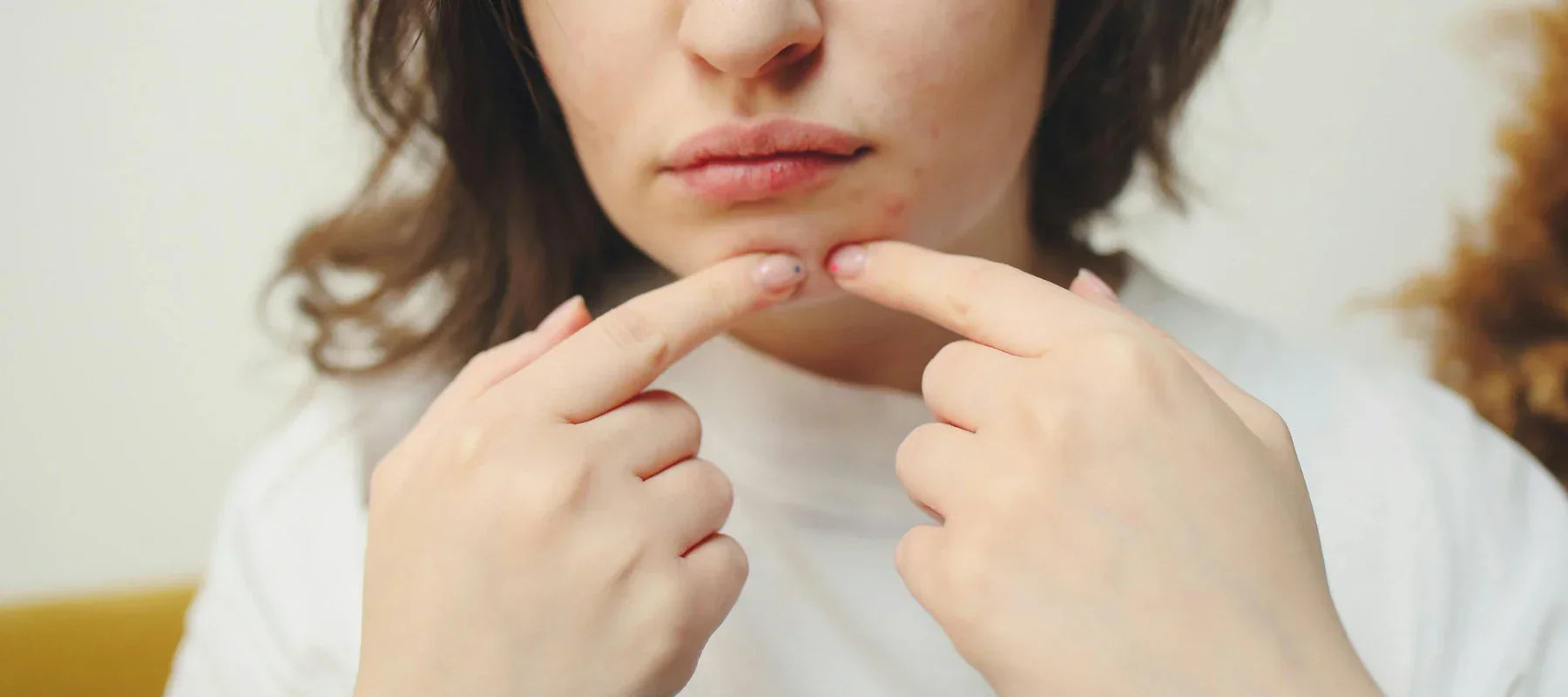




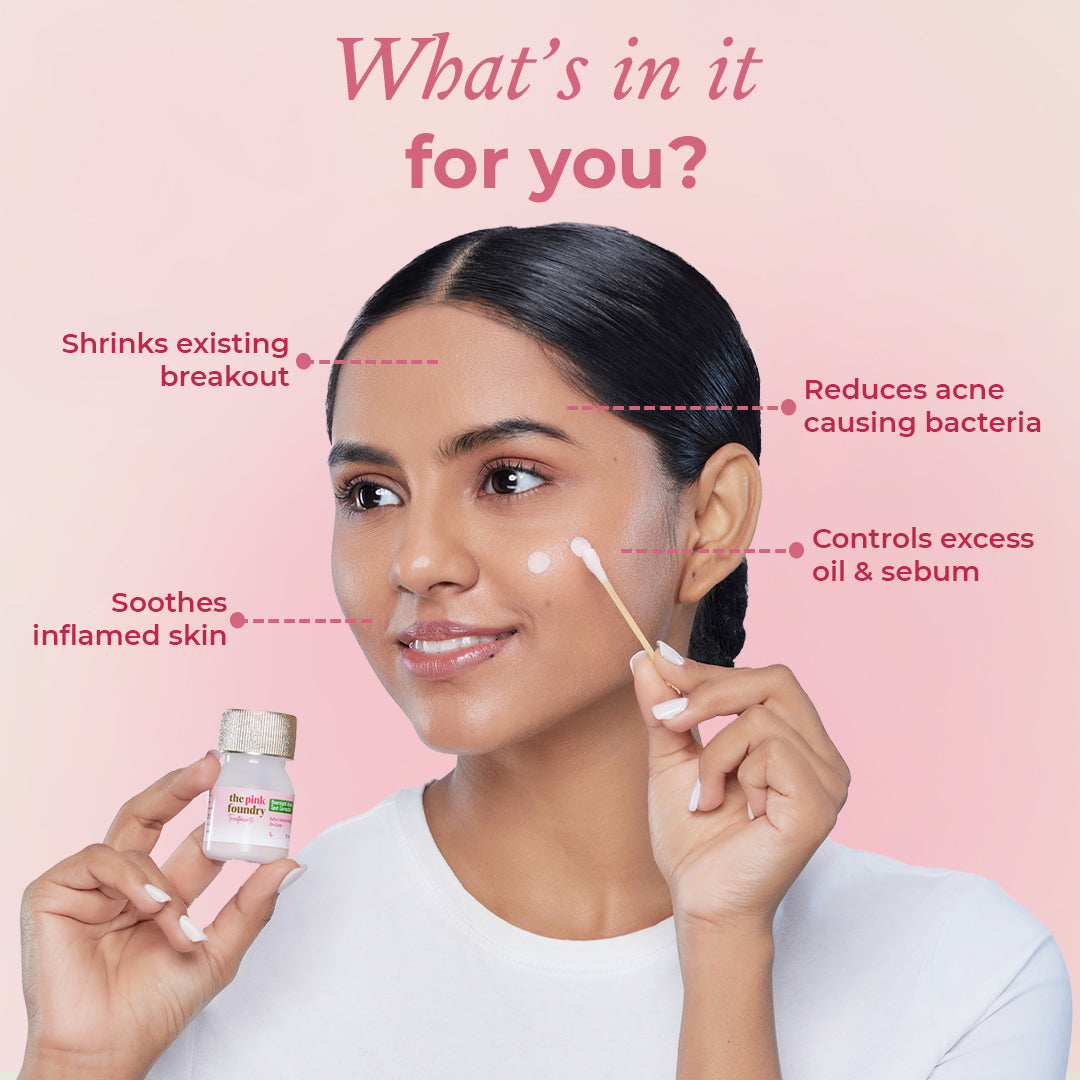
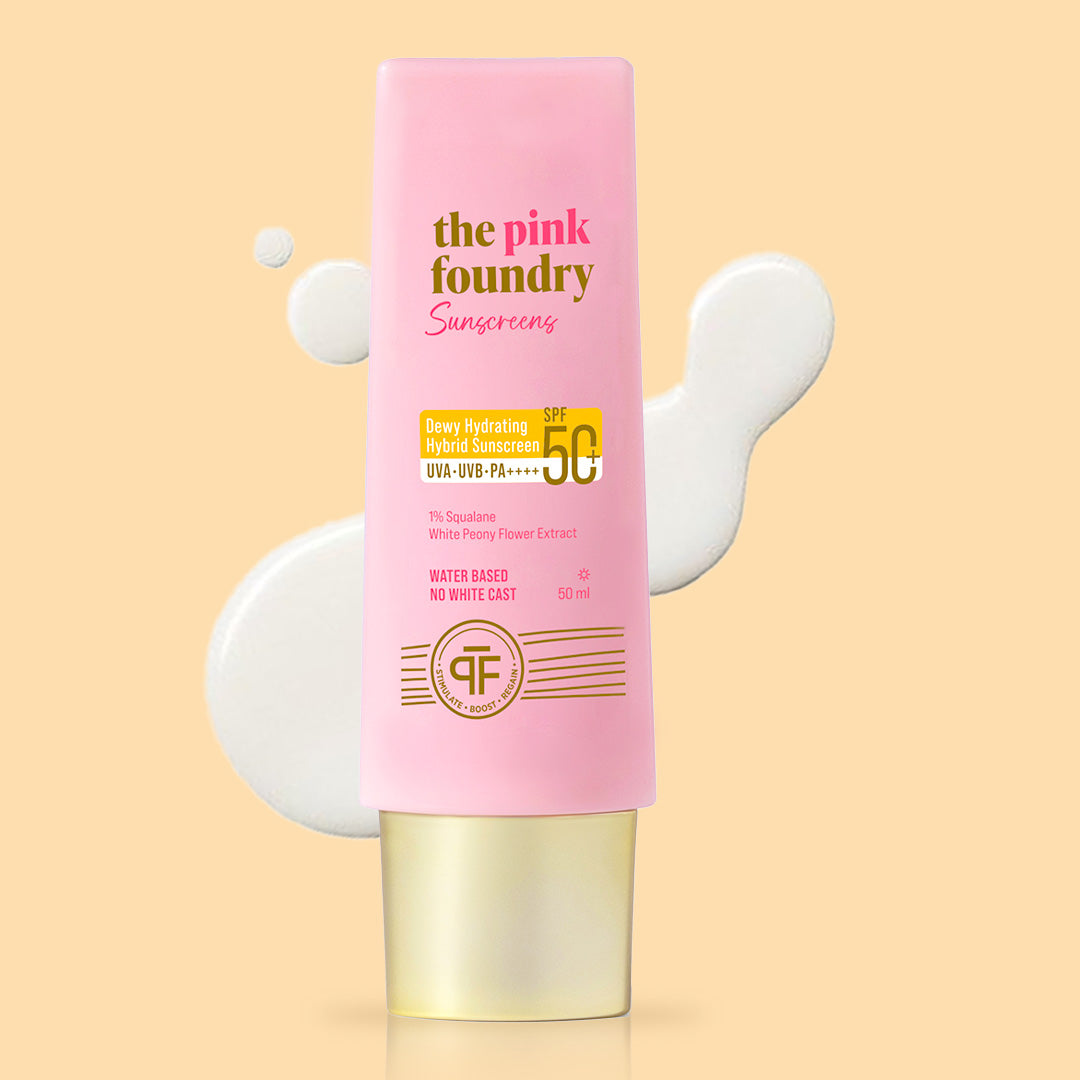
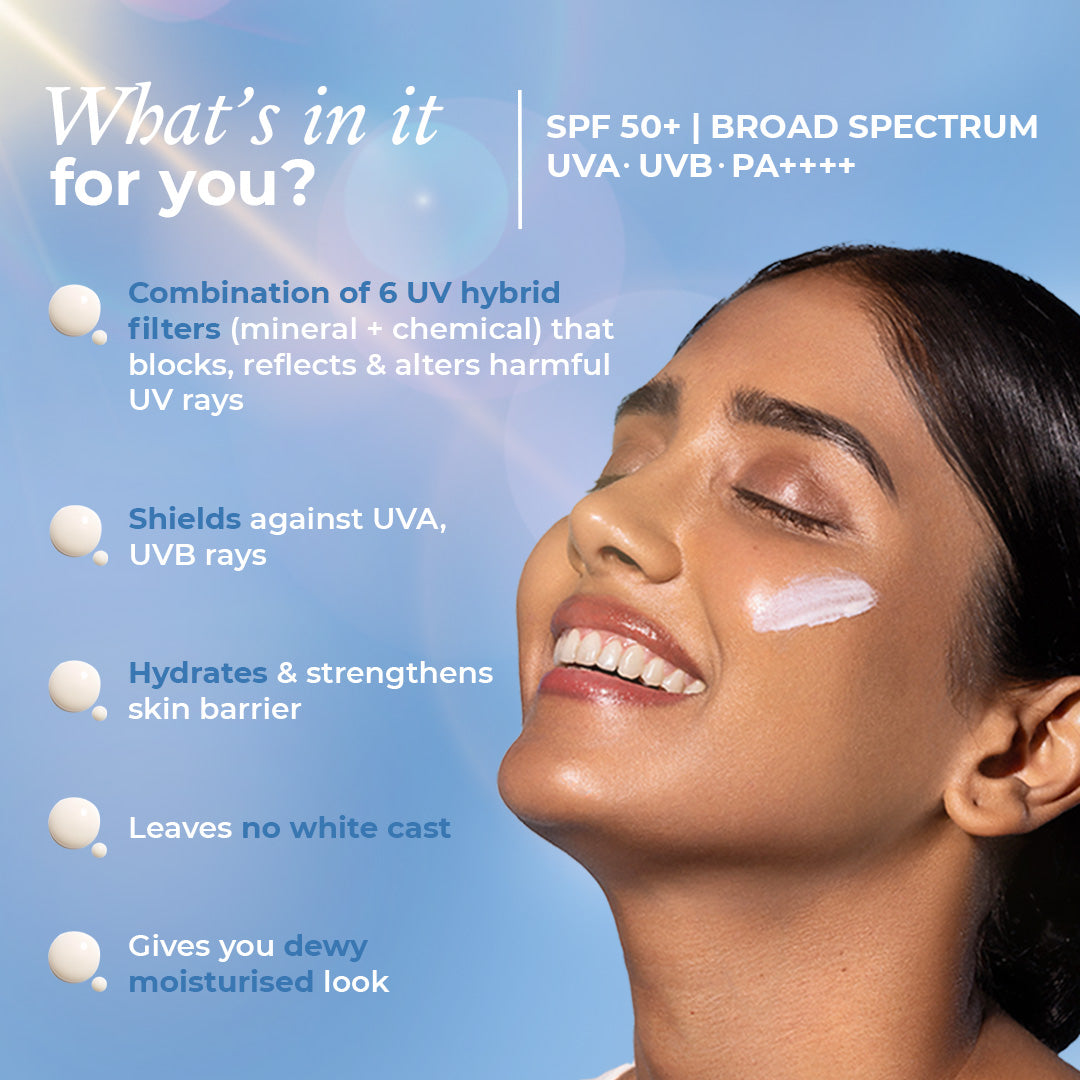


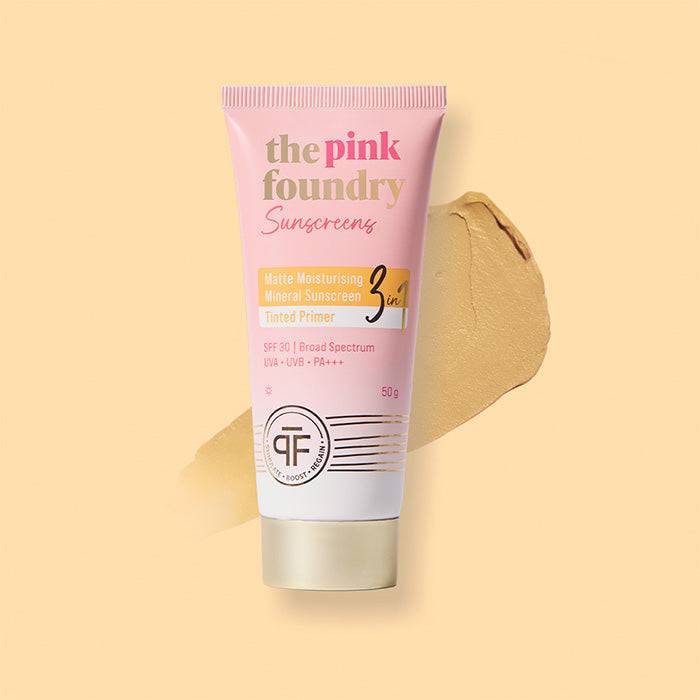
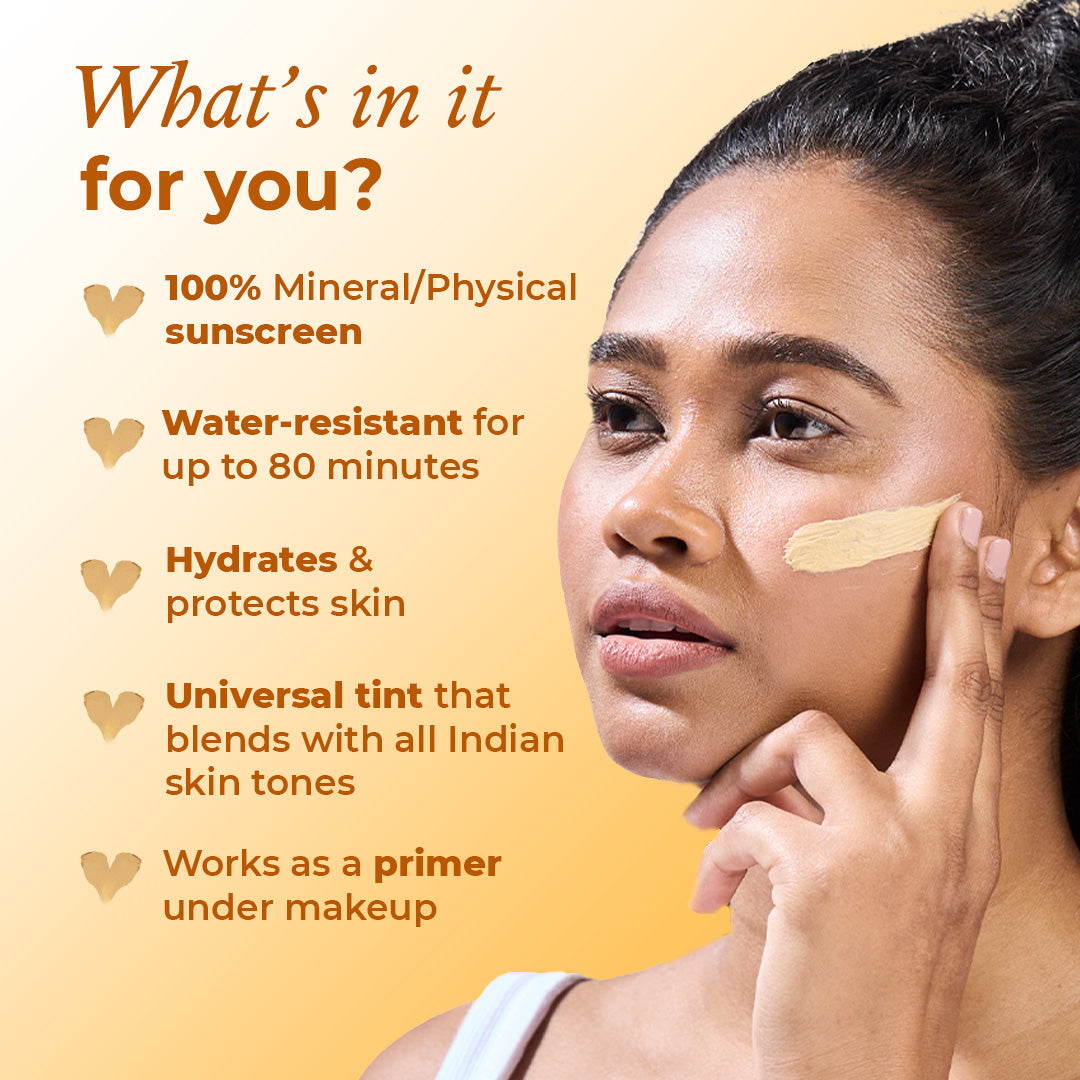



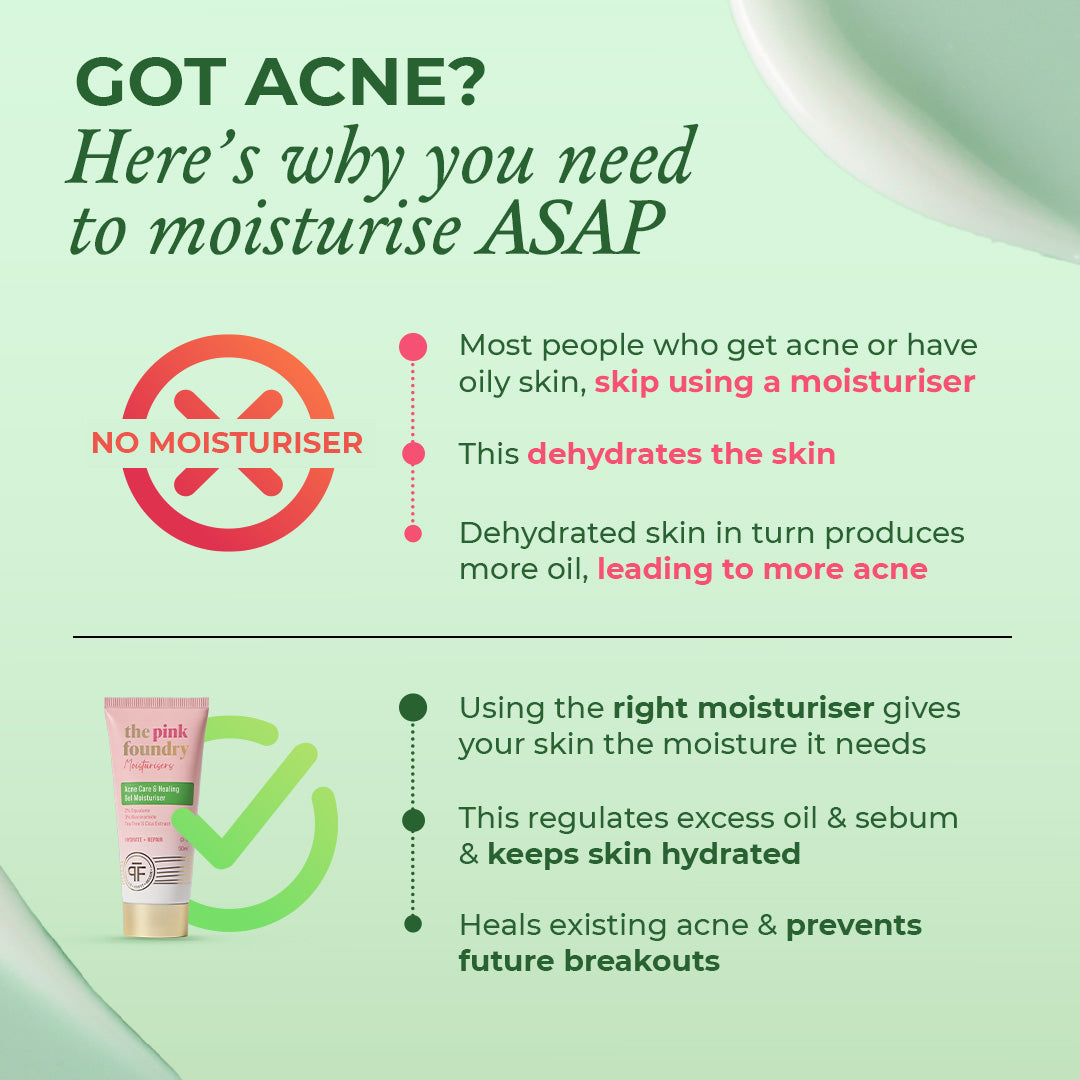
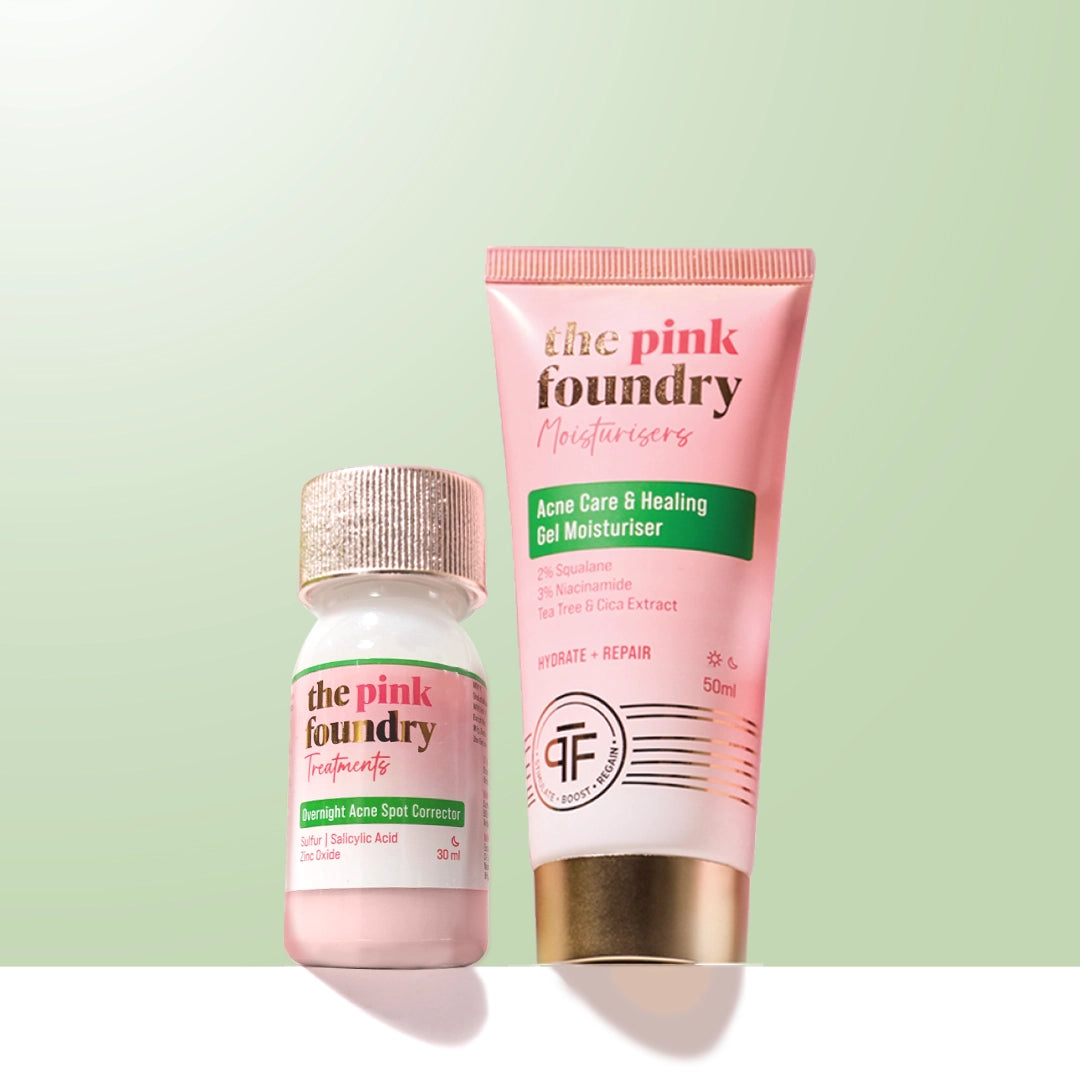
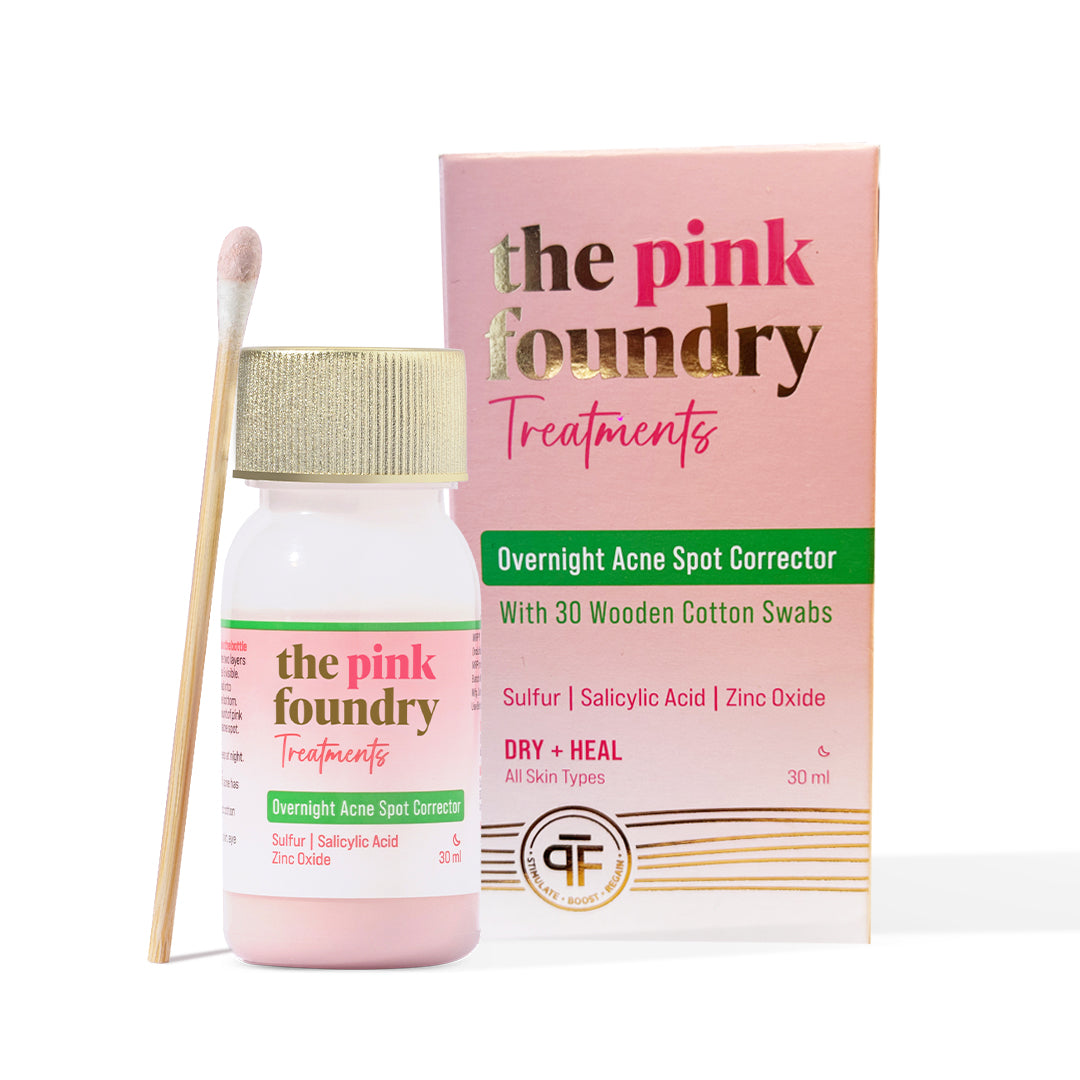
Leave a comment
This site is protected by hCaptcha and the hCaptcha Privacy Policy and Terms of Service apply.